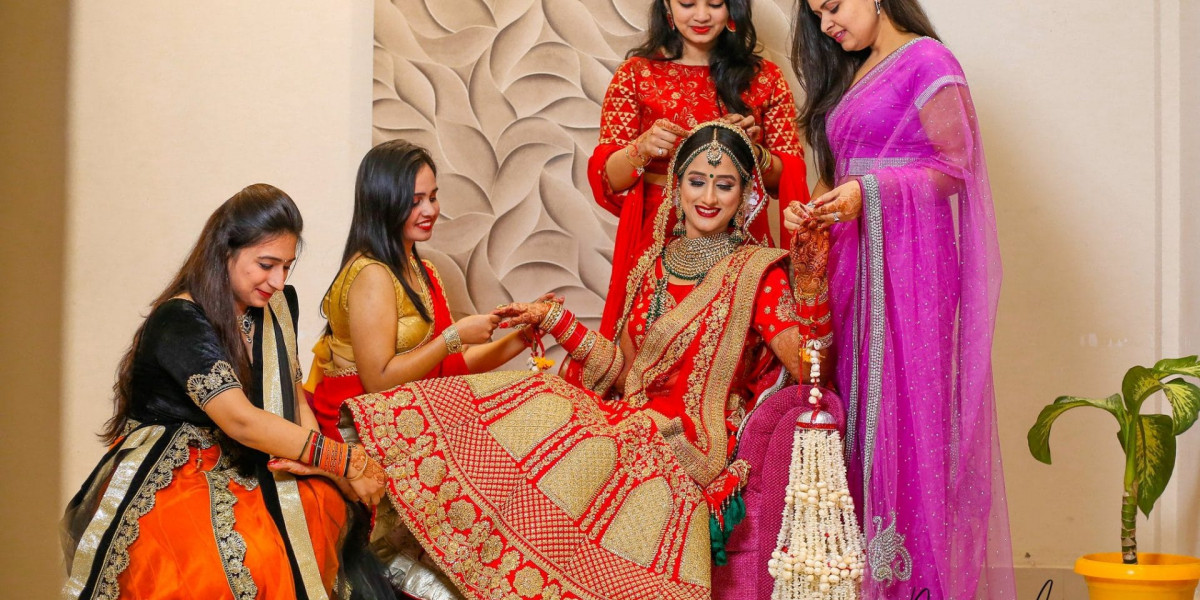Wedding photography isn’t just about a fancy camera, it’s about creating a beautiful story of your day. It is the result of hours, days or even years of planning and can be the one thing you can look back on to remember all the small details, the smiles of joy and the tears of happiness that will make your day so special.
Whether you are a beginner or a seasoned wedding photographer, you need to be prepared for any situation that may arise during the course of the day. Often, this means having extra batteries, memory cards and other supplies. It also helps to have a second shooter, especially for group photos to manage the timing of shots. They can also be helpful with lighting, directing the couples and other little things that are easy to overlook when shooting alone.
When meeting with a couple, you should always start with an open discussion about their expectations. This will give you a good understanding of what they are looking for from their wedding photos (do they want heartfelt moments or more traditional portraits?). You should also discuss how they plan to use their wedding photos. Some couples are looking for a full collection while others may only require a few select photos.
Arriving early on the day of the wedding will allow you to set up your equipment, scout out the location and determine what types of lighting you will need. For example, many churches and indoor locations have limited use of flash and will require you to use natural light. If this is the case, be sure to bring a reflector or a diffuser to help soften the light. Also, be mindful of the direction of light and any shadows that will occur during the day, especially if you will be shooting outdoors.
A big part of wedding photography is capturing the family and friends who are there for the couple. This is an opportunity for families who live in different states or countries to see each other and share the joy of the day. This is why it’s important to plan out family and group photos so that you aren’t rushing through these shots during the day.
It is also important to talk to the couple about their budget. This will allow you to know what they are willing to spend and help you deliver a quality service. It will also keep you from getting caught off guard by unforeseen expenses such as food, transportation and any other wedding related costs. Finally, it’s always a good idea to have an open discussion about what happens if you are unable to attend the wedding due to illness or another emergency. This will ensure that you and the couple are on the same page about what will happen if you aren’t there to photograph their special day.








